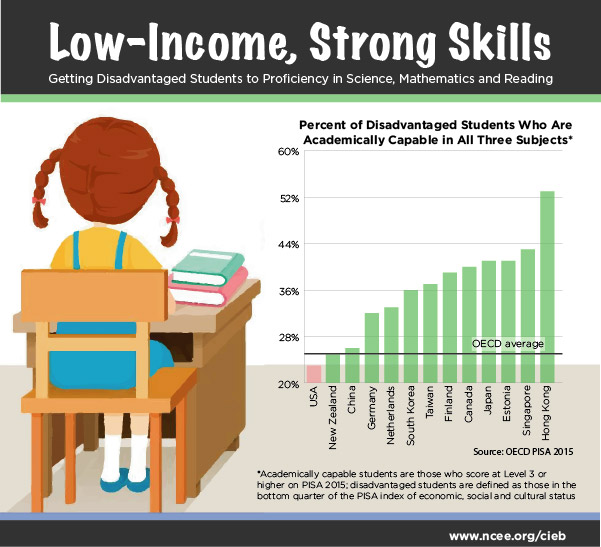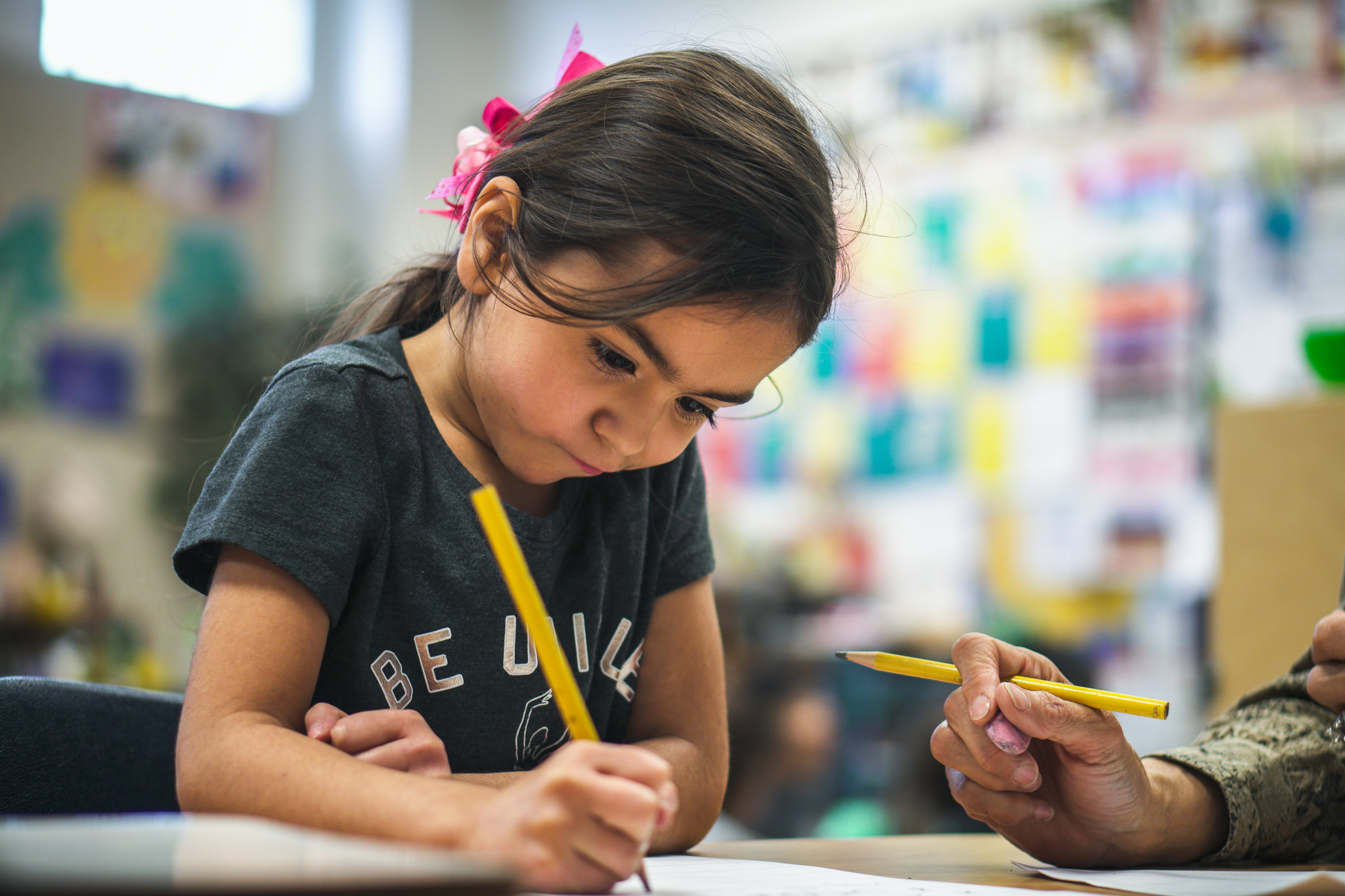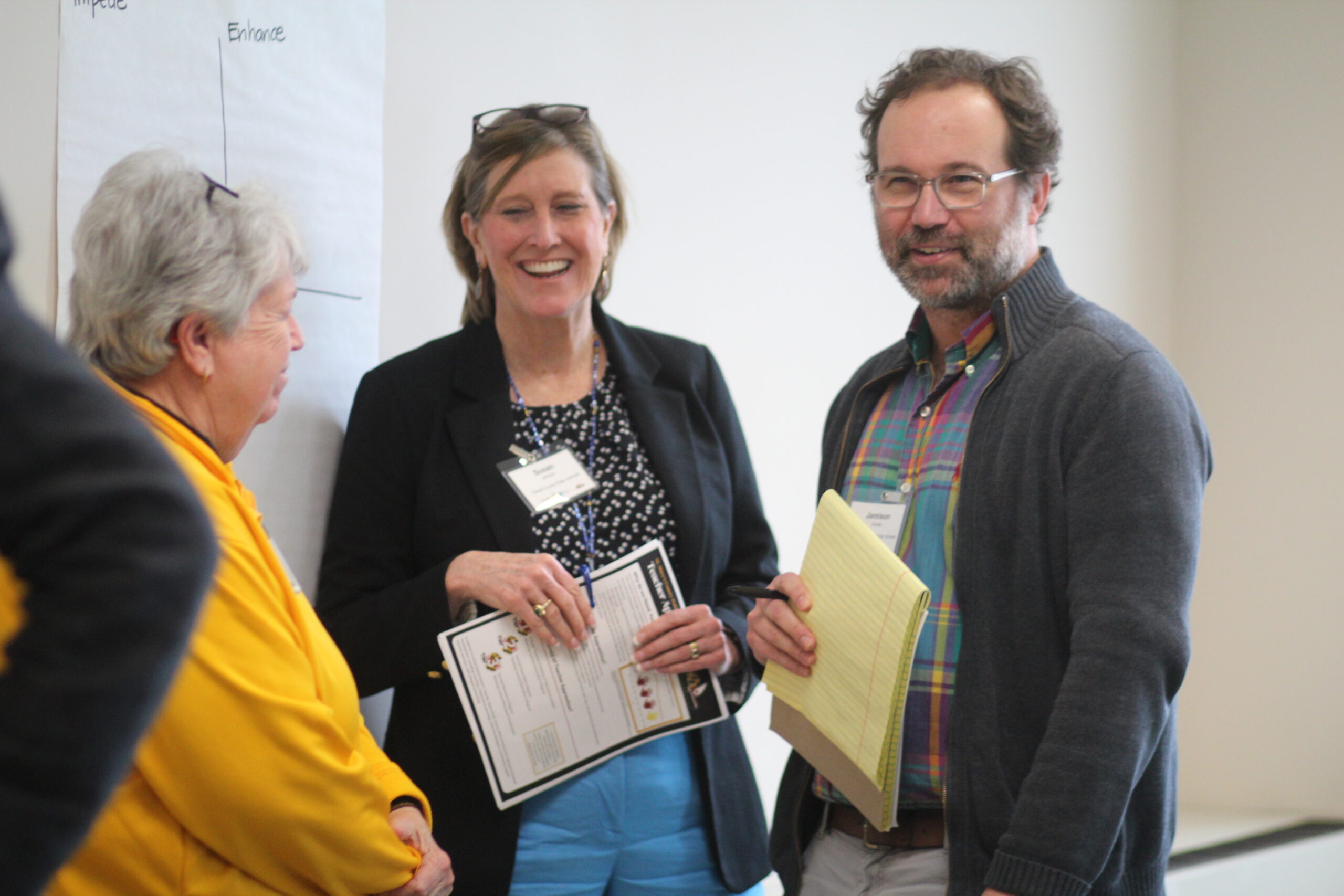By Jennifer Craw
The best education systems in the world are able to educate not only advantaged students, but also disadvantaged students to high levels so that they graduate with the skills they need to participate fully in society. One measure PISA considers is “core-skills resiliency”[1], which looks at the percent of students from the bottom quarter of the PISA index of economic, social and cultural status who score at Level 3 or above in all three subject areas (science, mathematics and reading) on PISA. This month we focus on core-skills resiliency in the top-performing countries and the United States.

In this chart we see that less than a quarter of socio-economically disadvantaged students in the United States perform at proficient levels on all three PISA subjects. But in the top-performing countries, a far greater portion of disadvantaged students reach proficiency. In Hong Kong in particular, more than half of all disadvantaged students achieve at above proficient.
These top-performing systems have differing approaches to helping students from disadvantaged backgrounds. Finnish schools, for example, provide many resources and services outside of education for their students, including a daily hot meal, psychological counseling, and health and dental services. In Estonia, schools are economically integrated as part of the school assignment system, so economically diverse students are frequently in the same classroom. All Estonian students also get free lunch and textbooks. In Hong Kongf, schools are given grants for extracurricular activities and after-school learning and support programs for disadvantaged students, and the government funds programs to educate parents about the importance of their role in their child’s education.
Read more about these top-performing education systems in our Top Performing Country Profiles.
——
[1] Core-skills resilient students demonstrate the skills they need to participate fully in society. Level 3 is, on average across OECD countries, the median proficiency of students in each PISA cognitive domain. Thus core-skills resilient students are in the top 50 percent of students participating in PISA.




